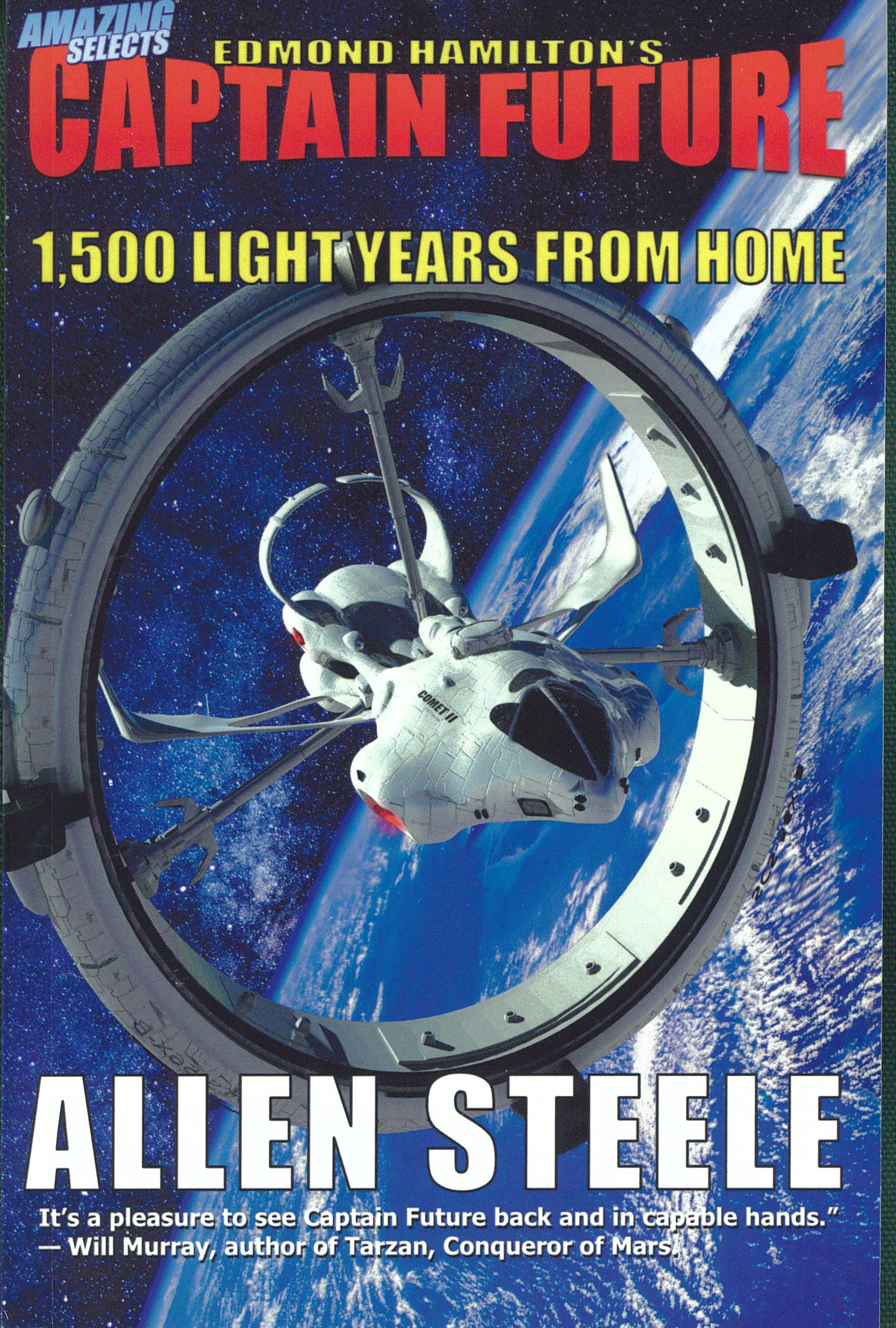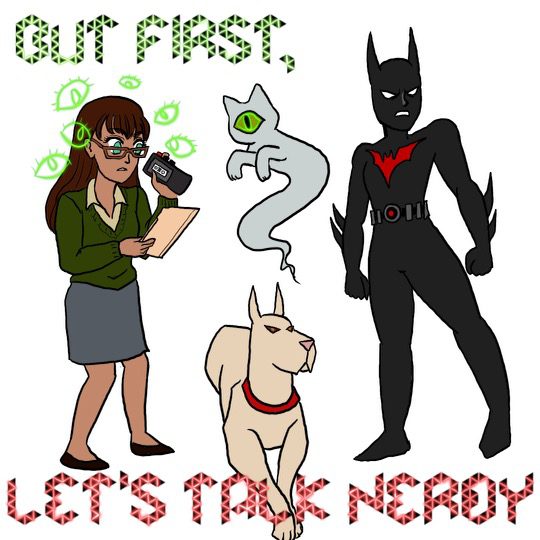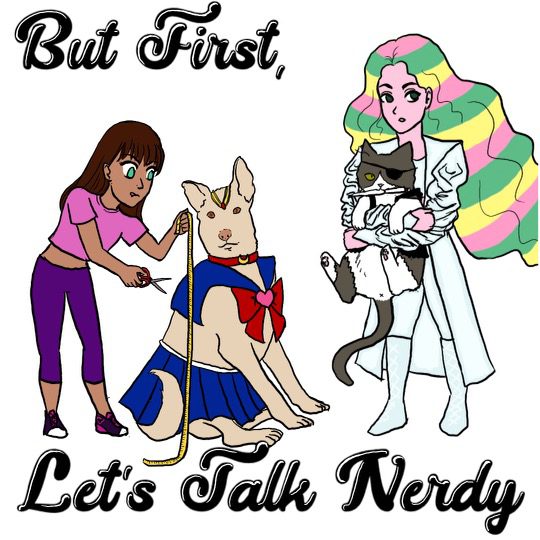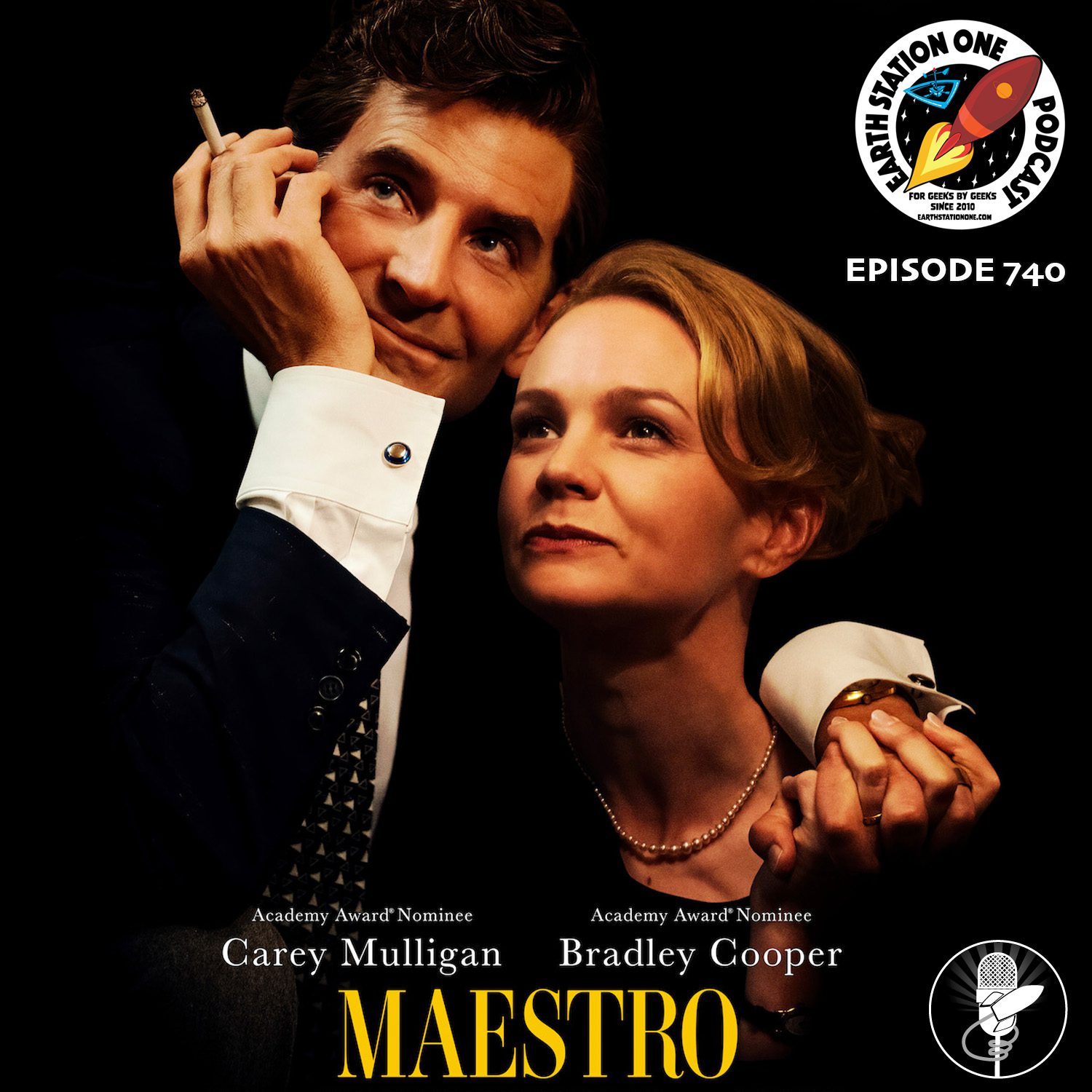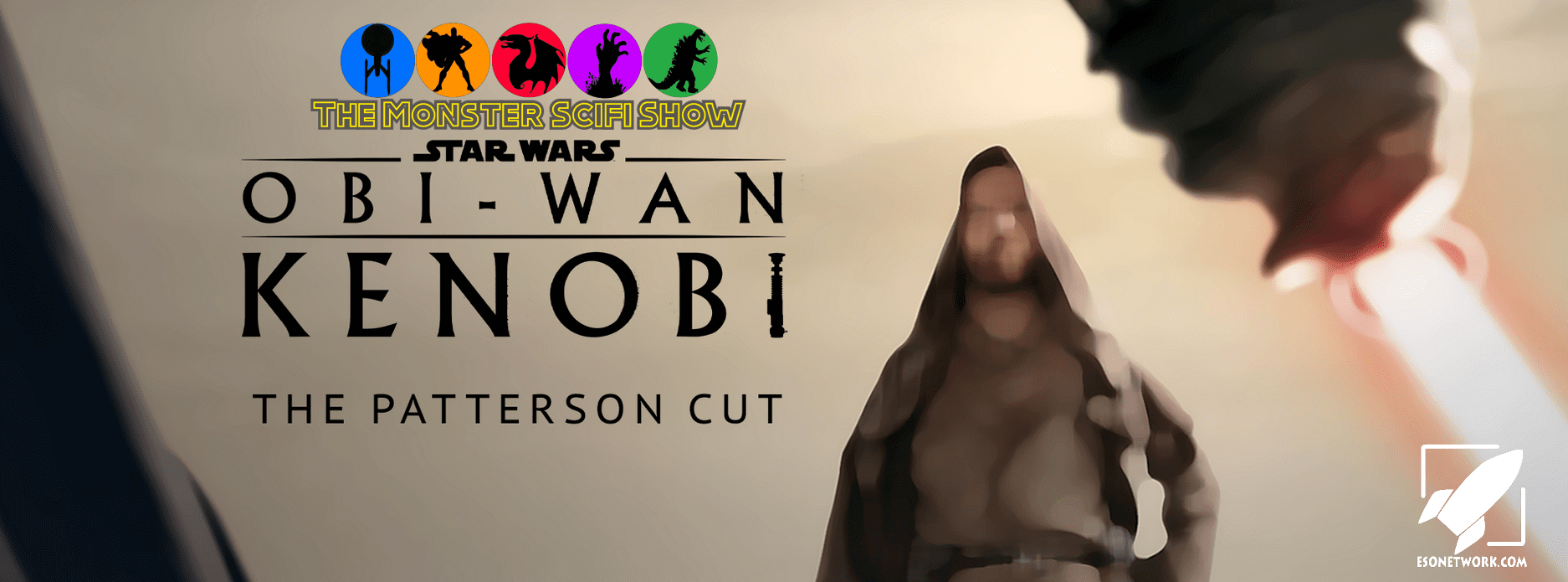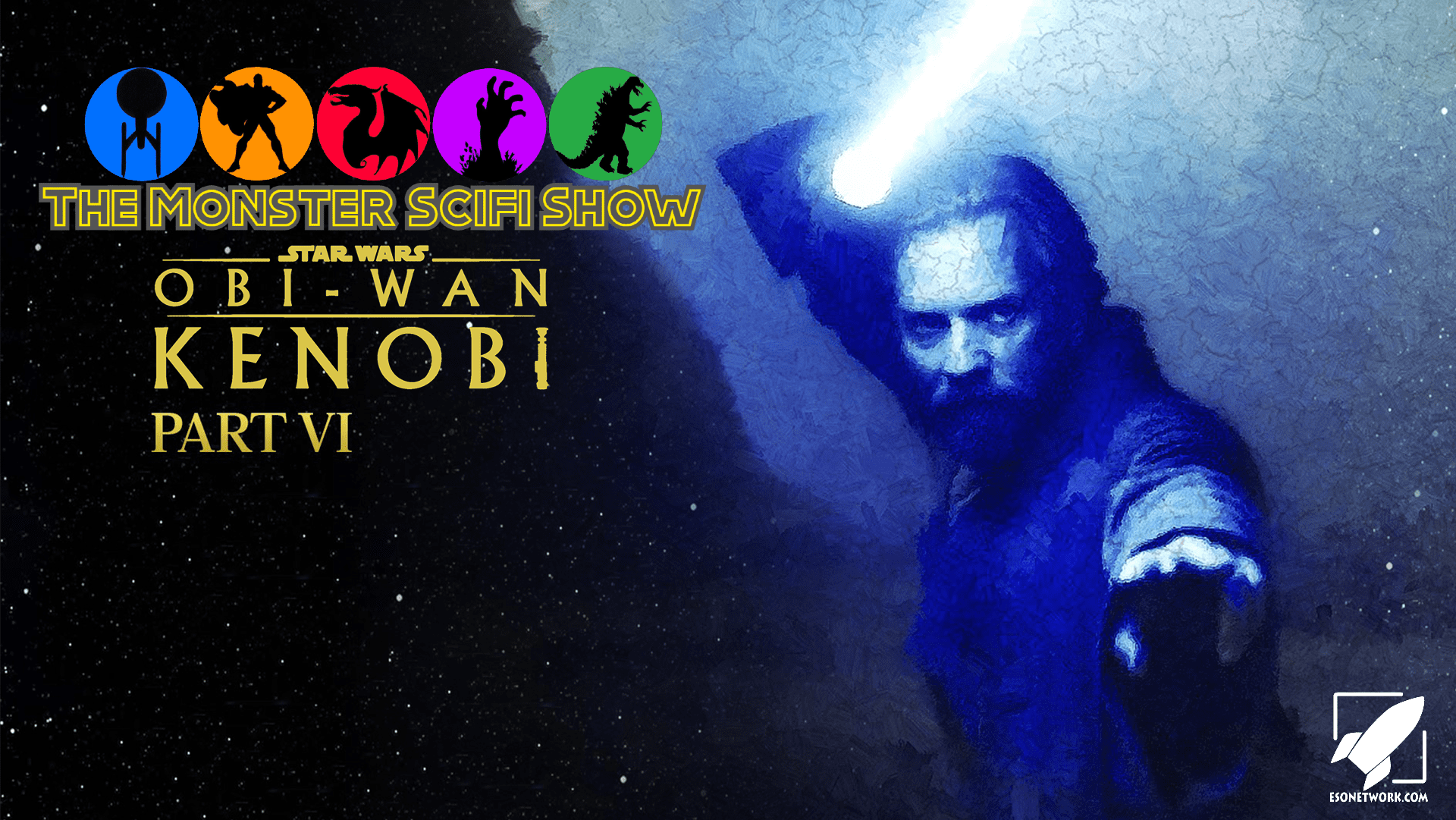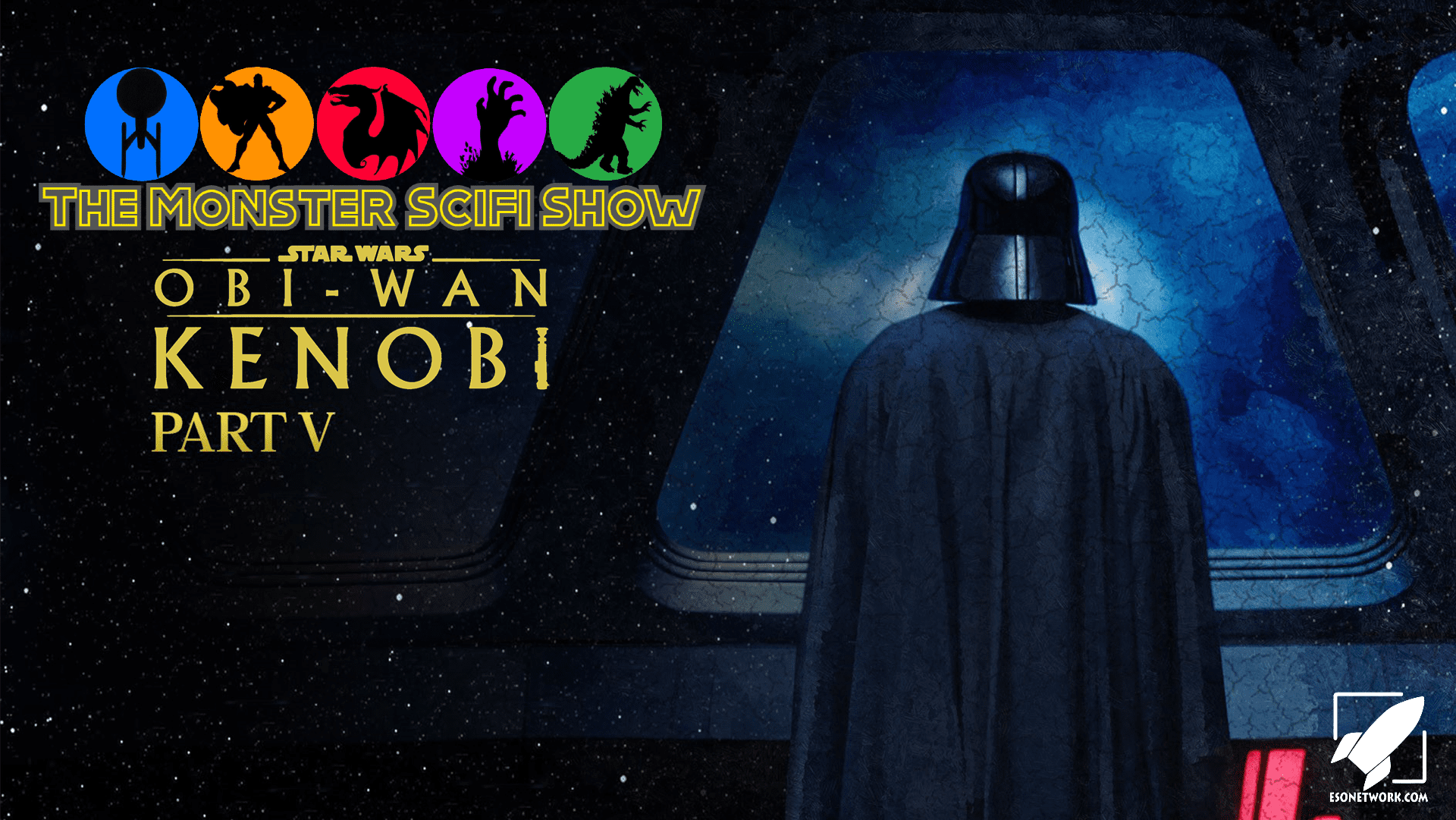 Blurb: The TARDIS materializes in England in the year 1912, a time of great social change. The Suffragette movement is lobbying for votes for women, and the skull of the so-called ‘missing link’ has been discovered in Piltdown.
Blurb: The TARDIS materializes in England in the year 1912, a time of great social change. The Suffragette movement is lobbying for votes for women, and the skull of the so-called ‘missing link’ has been discovered in Piltdown.
While Vicki falls victim to a strange influence, the Doctor and Steven investigate the fossilized remains. The Suffering has been unleashed. Can the travelers survive its rage?
Review: The Companion Chronicles are one of several Doctor Who audio drama ranges that Big Finish produces. Typically, a Companion Chronicle has one of the companions relate a tale from the time with the Doctor. They’ll speak for all of the parts except for one, which will be voiced by another actor to help break up the monotony. Also, Companion Chronicles are typically two episodes long. Sometimes this helps to bring up the pace on stories that might otherwise drag due to the narration, although sometimes the shorter format presents problems as well. The Suffering is unusual because it features two companions who each take an equal part in the narrating duties, and the story is a double-length four episodes.
Peter Purves and Maureen O’Brien are united in a story produced almost fifty years after they stopped playing their roles in Doctor Who. What’s great is that both of them have retained the capability to slip back into their old characters, effortlessly recreating the mannerisms and even vocal tones that they used decades before. There’s also some tremendous chemistry between the two of them. It’s something between romantic tension and sibling rivalry, but it’s a joy to listen to the two of them as they playfully banter like they used to do on TV. Purves also impresses as the Doctor, his impish take on the old man being incredibly faithful to Hartnell’s later depiction of the character. While no one will ever be convinced that Purves is Hartnell, he does a great job of imitating the mannerisms and speech patterns of the older man, which gives his performance the verisimilitude necessary to suspend one’s disbelief that it’s the Doctor speaking. Not to be outdone, O’Brien also does a fantastic job with the unnamed alien of the story. She plays the role with force and anger, giving her a haughty edge, but what’s most impressive is that it’s completely unrecognizable as O’Brien’s voice even knowing that she’s the one voicing her. Both O’Brien and Purves take their turns relating the stories of actual suffragettes. Both do a tremendous job giving the stories sympathy as they talk about the horrible treatment that they suffered as a result of supporting their cause, making it the emotional centerpiece of the entire drama. The thing that is most impressive, though, is that Purves and O’Brien were never in the studio together. They recorded separately and their lines were edited together, yet it’s impossible to tell that when listening to the story.
While the performances are important, none of that interaction would be possible without Jacqueline Rayner’s script. Rayner already showed with The Transit of Venus that she understands the Hartnell era and that the key to a successful Companion Chronicle is understanding the characters. Rayner hasn’t lost her skill in either area and her script shows an understanding of Vicki, Steven, and the first Doctor that’s beyond the superficial. Thankfully it’s all subtle. The characters don’t sit around talking about their feelings and there’s no heavy-handed narration that describes the psychology in detail. Instead, Rayner chooses to develop the characters through their dialog: dialog that explains why a young orphan girl who’s been sent through time and space is so forthright and adventurous, or how a space pilot who was imprisoned for years feels about being subjected to other times and places. There’s also some wondrous scenes where the Doctor takes pride in his own petty vandalism and ingenuity to make sure that they take care of a problem while also keeping history on course. There’s a skill to finding the voice of already established characters, and Rayner seems to do it effortlessly. Anyone familiar with this period in Doctor Who will recognize these characters instantly, and they’re recreated with such loving care and infused with such fun that anyone will enjoy experiencing these characters.
World building is by far the most essential element to a Doctor Who story. The TARDIS is constantly taking the travelers to new times and places, so it’s important to make them interesting. Rayner understands this and creates a neat idea that ties together the discovery of the Piltdown Man, the so-called missing link in human evolution with the suffragette movement in England. Unlike many of the earliest Hartnell stories, this is not a “pure” historical with no science-fiction elements aside from the presence of the Doctor and his friends. The Piltdown Man skull is found to have an alien origin, and the remains are still infused with the psionic energy of the being that they were in life. It’s a disparate group of elements, but it’s interesting to see how Rayner weaves the narrative around those elements while also paying attention to the fact that history needs to remain on course. It’s an impressive piece of work and fits in well with the intention of the Hartnell era that these stories should educate about some aspect of history or science. This one just happens to do both.
The other really excellent idea that Rayner has is to ignore the sometimes awkward framing sequences that some of The Companion Chronicles have. Instead of having to come up with a reason for why Steven and Vicki have to tell this story to a third party, Rayner just decides that it would be fun for Steven and Vicki to just decide to record their adventures for anyone who might need to reference them later. It may seem like a crazy idea, but it fits the characters and it’s such a fun idea that it works. The BBC couldn’t go wrong by taking an idea from this. Instead of doing narrated audios with the soundtrack from missing stories they could just have Steven and Vicki recording their own retelling of the adventure later. That would be a ton of fun, and it’s a shame that it’s a conceit that was never used again.
Tonally, this story would have made the Doctor Who production team in 1965 proud. The story is serious, but it’s littered with the light-hearted, comedic elements that became popular in the later Hartnell era. On the light-hearted side, there’s the Doctor’s quest to get rid of the alien skull and replace it with a forgery combining aspects of a human skull with an ape skull. It’s part of established fact that the Piltdown Man was eventually discovered to be a forgery composed of those same materials, but it’s fun to watch the Doctor take such gleeful mirth in making history “come true” by making his own substitution. As part of that quest there’s a scene where Steven must ride in a car with the Doctor at the wheel. Purves does such a wonderful job narrating Steven’s impressions of the ensuing trip, and the Doctor’s unwillingness to admit that he doesn’t actually know how to drive that it’s virtually impossible to listen to without clutching one’s sides with laughter. There are also some wonderful scenes where Steven’s unfamiliarity with the culture land him in some hot water that he has to be very clever to get out of. These scenes of levity are important, because the story itself veers into some dark territory. Putting those lighter elements in helps to even things out and keep it from becoming so dark that it’s unpleasant. At some points the humor feels a little to over-the-top, which may make it a bit difficult to reconcile with some of the more serious material, but it doesn’t happen often and its much better to have it than not.
This story does go into some very dark territory. The casual misogyny of the general culture of 1912 England is laid out pretty plainly through dialog as well as through descriptions of the ways that women were punished for stepping out of line. The first-hand accounts of how some were tortured is shocking and probably won’t leave any listener dry-eyed. It’s some powerfully moving, emotional material. What’s even better is that Rayner doesn’t make things black and white. The story is always clear that the suffragettes’ goal of equality is right, but the suffragettes themselves are not depicted as being completely virtuous, advocating violence or feeling that all men are to blame for the conditions that women endured. Rayner also makes sure to mention that there were men at the suffragette rally as well as showing that there were women who took part in the oppression of women, showing that the issue of gender equality doesn’t necessarily fall along gender lines. While the story veers away from the after school special variety of overt messaging, Rayner’s story does have a message that’s applicable even now as gender equality remains an issue, and which hopefully many listeners will take to heart.
The alien’s origin is also dark, as are its plans for humanity. It provides an overarching influence and presence throughout the story that drives the majority of the action. There isn’t much more that can be said without giving things away. However, it does tie in with another story in the classic series, although this is never made overt. Its defeat when it comes is by a somewhat unexpected method, but it feels completely satisfying not only because it makes complete narrative sense, but because it shows that hatred is self-defeating, especially since sometimes it’s directed at the wrong target.
It sometimes feels boring to constantly praise Big Finish on its sound design, but they deserve it. They have a genius for creating a complete world with only one sense. The sounds in this story are rich whether its a clucking chicken, the screams of tortured women, the putting of an early model car, the sound of a vortex of wind or any other of a dozen sounds in the story. The music is minimal in this one, but that’s ok because the performances are so good that the story doesn’t need a lot of musical queues to tell the listener how they should be feeling. There’s some nice use of a bass violin to create some linking music and there’s some soulful violin music at times, but that’s enough because the whole thing comes off as a completely polished production.
Recommendation: Wow, an excellent production with wonderful performances, good direction, an interesting story, and a fantastic message that’s as applicable now as it was in 1912. If it loses a point it’s only because sometimes the humor seems a bit over-the-top at times. Still, it’s an excellent story by any measure, and I strongly recommend it.
9/10
2010
Audio Drama
Big Finish Productions
Directed by Lisa Bowerman
Produced by David Richardson
Written by Jacqueline Rayner
Runtime Approx 120 min.











